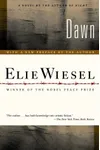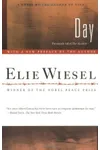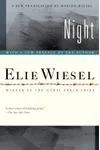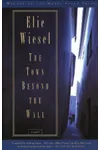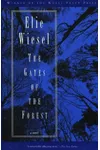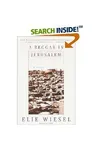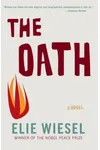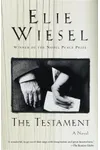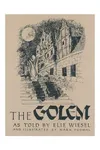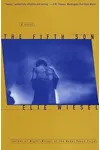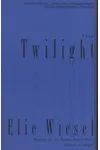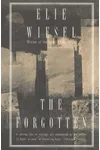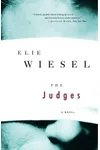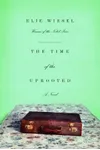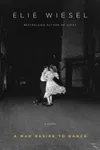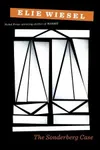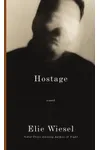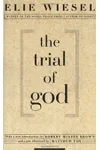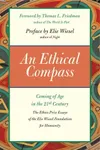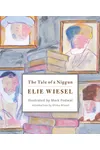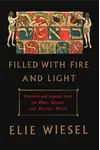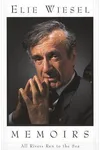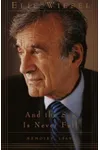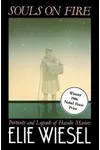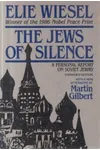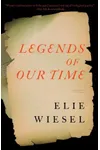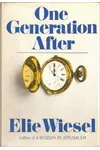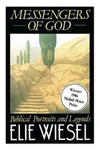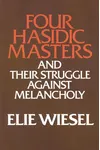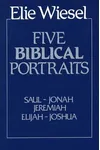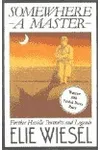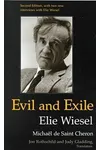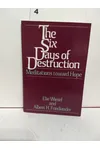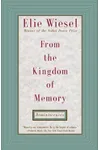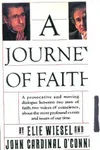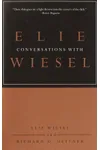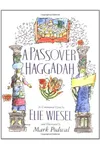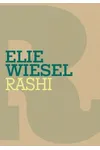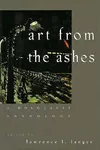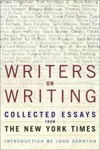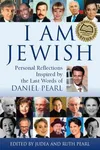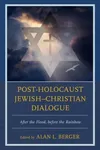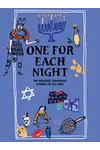Picture a storyteller who survived unimaginable horrors to share a message of hope and humanity—meet Elie Wiesel! A Holocaust survivor, Nobel Peace Prize laureate, and author of the haunting memoir Night, Wiesel transformed personal tragedy into a universal call for compassion. His words, steeped in resilience and moral clarity, continue to inspire readers worldwide.
Born in Romania, Wiesel’s life was shaped by faith, loss, and an unwavering commitment to memory. Through his books, lectures, and activism, he became a beacon against indifference, urging us to confront injustice with courage. Let’s dive into the life of this remarkable writer and humanitarian!
The Making of Elie Wiesel
Elie Wiesel was born on September 30, 1928, in Sighet, Romania, into a deeply religious Jewish family. Raised in a tight-knit community, young Elie immersed himself in Jewish mysticism and literature, dreaming of a life of study. But at 15, his world shattered when his family was deported to Auschwitz during the Holocaust. Surviving the camps, where he lost his parents and sister, Wiesel emerged with a mission to bear witness. After the war, he settled in France, studying at the Sorbonne and working as a journalist, laying the groundwork for his literary career.
Elie Wiesel’s Unforgettable Stories
Wiesel’s writing is raw, reflective, and profoundly human, blending memoir, fiction, and philosophical inquiry. His seminal work, Night (1960), recounts his Holocaust experiences with stark honesty, capturing the loss of faith and humanity in the camps. Its slim yet searing narrative has become a cornerstone of Holocaust literature, translated into dozens of languages.
Beyond Night, Wiesel penned over 60 books, including Dawn (1961) and Day (1962), which form a loose trilogy exploring survival and identity post-Holocaust. His novel The Forgotten (1992) delves into memory and Alzheimer’s, reflecting his lifelong obsession with remembrance. Wiesel’s style—sparse, poetic, and morally urgent—challenges readers to grapple with ethical questions, making his works timeless and universal.
His essays and lectures, like those in Legends of Our Time (1968), showcase his ability to weave personal experience with broader human rights concerns. Whether writing fiction or nonfiction, Wiesel’s voice remains a clarion call against silence in the face of suffering.
Why Elie Wiesel Matters
Elie Wiesel’s impact transcends literature. As a professor at Boston University, he shaped generations of students, emphasizing ethical responsibility. His 1986 Nobel Peace Prize recognized his tireless advocacy for human rights, from speaking out against apartheid to championing Holocaust education. Through the Elie Wiesel Foundation for Humanity, he fostered dialogue and peace initiatives. Wiesel’s insistence on remembering the past to safeguard the future resonates in classrooms, memorials, and global conversations about genocide prevention.
His legacy endures in a world still grappling with division and indifference. By sharing his story, Wiesel empowered others to confront history’s darkest chapters and choose compassion over apathy.
About Elie Wiesel
- Born: September 30, 1928, Sighet, Romania
- Key Works: Night, Dawn, Day, The Forgotten
- Awards: Nobel Peace Prize (1986), Presidential Medal of Freedom (1992)
- Died: July 2, 2016, New York City
Ready to explore Elie Wiesel’s powerful words? Grab Night and step into a world of resilience, reflection, and hope!
